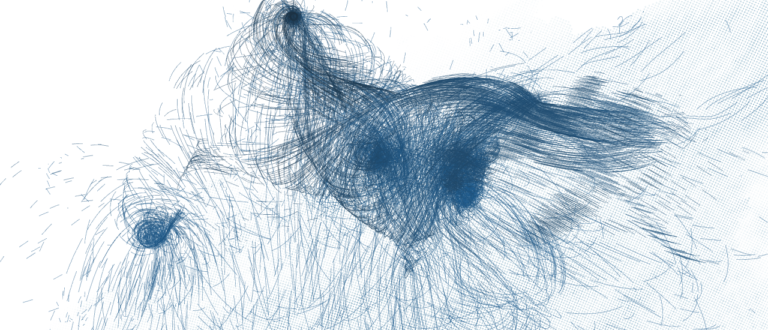Summer is almost gone, and it seems a good time to reflect on the exciting opportunities it brought. To briefly introduce my reflection (though many of you already know me): my name is Cody Mejeur, and I am a PhD student in English working on video game narrative–particularly the interrelationship of narrative and play as cognitive processes. In June I had the honor and pleasure to take part in the Cognitive Futures in the Humanities 2016 conference in Helsinki, Finland, and to present my work at the “Cognition and Digitisation: Joint Future for the Humanities?” workshop that preceded the conference. The workshop was led by Anne Mangen (University of Stavenger) and Caroline Bassett (University of Sussex), and explored the question how cognitive and digital studies could relate to one another in current humanities work.
The discussion at the workshop focused around cognition and the digital as trendy topics in the humanities, with all of the exciting opportunities and blindspots that come with that territory. Many of the participants expressed concern with how uncritically we sometimes engage with technology, accepting it as part of “progress” that we are unable or unwilling to alter. Similarly, cognitive studies can easily be seen as the humanities kowtowing to the sciences and giving into the need to be more objective and measurable. Such concerns are serious and necessary, and we should neither hand-wave them nor use them to avoid engaging with cognitive and digital studies.
My own presentation shared my design for a fMRI experiment with games and narrative that aims to test common assumptions about narrative and play. In game studies (and more generally) we still often think of narrative and play as separate elements of games, or at most we gesture towards their interrelationship. But what are the actual sites of the relationship? And what do we miss when we treat them as separate entities? I hypothesize that narrative and play are interwoven processes, and a study of them in games and other texts will reveal surprising insights for how we think and make meaning. New colleagues at the workshop helped me think through a number of important questions for my study, such as:
- What games are usable for the study? Would the findings translate to other types of games?
- What can fMRI actually show us about play and narrative, without being reductive?
- How can a fMRI study account for important haptic elements of experience? In other words, where’s the physical part of the play in relation to the cognitive?
I look forward to taking these questions with me into my future work. The workshop topics have already helped me cultivate an awareness of the limitations of both digital and cognitive work, and I think that awareness is essential for those of us who work in the digital humanities. We have to continually challenge what our own tools and methodologies mean, especially when they are new or trendy. It’s actually that challenging that keeps us rooted in the best tradition of the humanities–being critical.
Slideshare:
